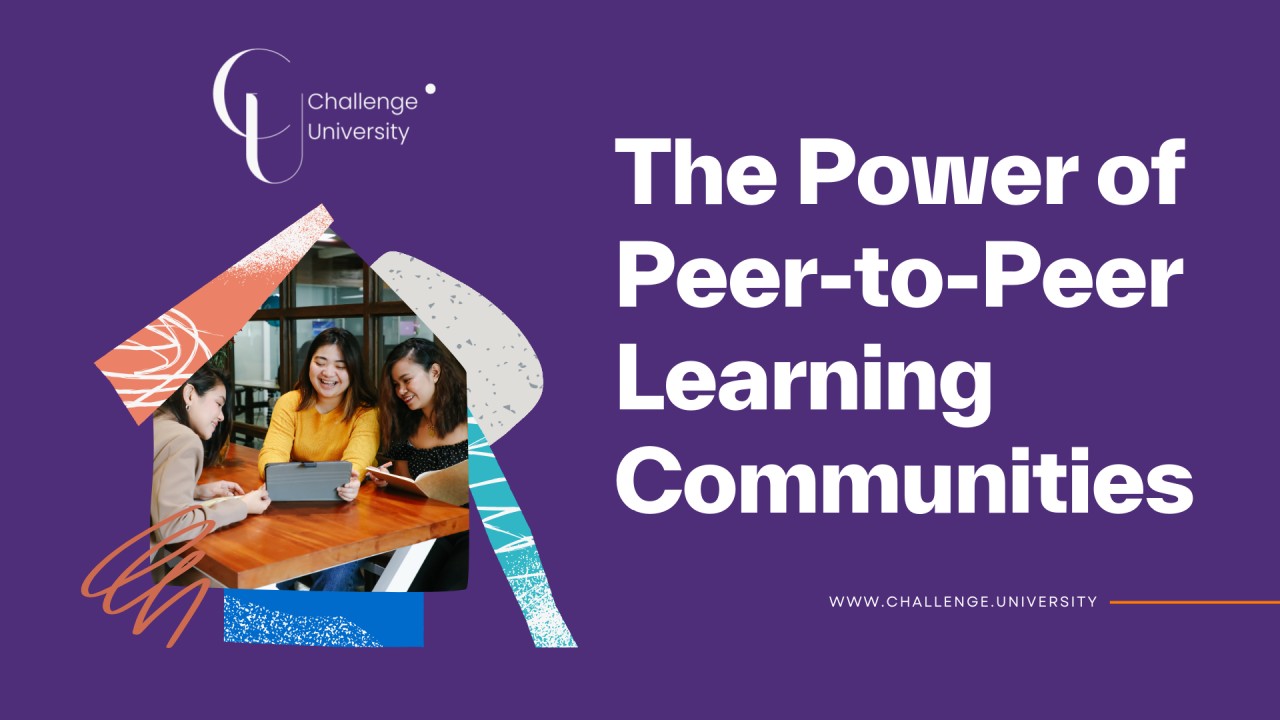In the multifaceted discourse surrounding education, the quest to define “what makes a school truly effective” is both enduring and complex. Beyond gleaming facilities, impressive test scores, or a long list of extracurriculars, a truly effective school distinguishes itself through a profound commitment to holistic student development, a vibrant learning ecosystem, and an unwavering focus on preparing individuals not just for exams, but for life. It’s a place where every element, from curriculum to culture, synergizes to foster intellectual curiosity, personal growth, and a genuine love for learning.
At the heart of any truly effective school lies a clear and compelling vision for learning that extends far beyond mere academic achievement. This vision isn’t just a mission statement on a wall; it’s a living philosophy that permeates every classroom, every hallway, and every interaction. It defines what kind of learners the school aims to cultivate—whether they emphasize critical thinking, creativity, global citizenship, or ethical leadership—and ensures that all programs and practices are aligned with these overarching goals. For instance, a school committed to fostering entrepreneurial spirit might integrate project-based learning, host pitch competitions, and bring in local business leaders, even within traditional subjects. This clarity of purpose provides a coherent framework for educators, students, and parents, ensuring that efforts are consistently directed towards a shared, meaningful objective.
Crucially, an effective school is characterized by high-quality, passionate educators. Teachers are the lifeblood of any educational institution, and their expertise, dedication, and ability to connect with students are irreplaceable. A truly effective school invests heavily in recruiting, developing, and retaining exceptional teaching talent. This means providing ongoing professional development opportunities that are relevant and impactful, fostering a culture of continuous learning among staff, and creating a supportive environment where teachers feel valued and empowered. A history teacher, for example, who can not only convey facts but also spark a genuine curiosity about the past, make historical events relatable to current issues, and inspire students to think critically about different perspectives, exemplifies the kind of impactful instruction that defines an effective school. Their passion is infectious, transforming mundane lessons into memorable learning experiences.
Beyond individual excellence, effective schools cultivate a positive and inclusive learning environment. This goes beyond physical safety to encompass psychological safety, where students feel comfortable taking risks, asking questions, making mistakes, and expressing their authentic selves without fear of judgment or ridicule. Such an environment fosters a sense of belonging, reducing anxiety and increasing engagement. This is achieved through explicit teaching of social-emotional skills, clear behavioral expectations, restorative justice practices, and a consistent effort to celebrate diversity and promote empathy. Imagine a classroom where students eagerly participate, respectfully debate, and collaboratively solve problems, knowing their voices are heard and valued. This atmosphere of mutual respect and psychological comfort is fundamental to unlocking each student’s potential.
Furthermore, a truly effective school understands the importance of personalized learning and differentiation. Recognizing that every student is unique, with varied learning styles, paces, and needs, these schools move away from a one-size-fits-all approach. They employ differentiated instruction, offering varied pathways to understanding, providing targeted support for struggling learners, and offering enrichment opportunities for those who are ready for advanced challenges. This might involve small group instruction, adaptive learning technologies, or project-based assignments that allow for student choice and self-direction. A truly effective school doesn’t just teach to the average; it designs an educational experience that meets each student where they are and helps them progress at their optimal pace, ensuring that no one is left behind or held back.
Finally, effective schools are defined by their strong partnerships with families and the wider community. They recognize that education is a shared responsibility and that student success is significantly influenced by the support they receive beyond the classroom walls. This involves open and consistent communication with parents, inviting their involvement in school activities, and collaborating with community organizations to provide enriching experiences and resources. A school that regularly hosts parent workshops on academic strategies, organizes community service projects, or invites local professionals to mentor students exemplifies this integrated approach. These partnerships create a seamless support system around the student, reinforcing learning, providing real-world context, and collectively nurturing well-rounded individuals prepared for the complexities of the future. In essence, an effective school is a dynamic ecosystem, thoughtfully designed and passionately executed, where every element converges to empower learners for a lifetime of growth and contribution.





